Balamurugan joined us right in the middle of 2020, a year that turned out to be nothing like any of us could have foreseen. So we talked to him about what it was like to look for a job, interview with and join a new company during this extraordinary period.
Tell us a little bit about yourself and what you do at TVS Next.
I’m a Technical project manager, currently handling multiple projects. I have a background in engineering and tech management. I’ve worked in various product organizations across industry domains for over 15 years. I joined TVS Next 6 months ago. My current focus is the healthcare industry.
How and when did you first come across TVS Next?
You already know that I was looking for a change from my previous role, in the middle of a pandemic. I was confident enough in my skill set and eager to challenge myself more. It just seemed as good a time as any other! When I started looking out though, it was quite surprising to know that organizations are shutting down partly or fully and even cutting down on personnel.
So I reached out to my friends and my network outside to help me identify opportunities with organizations that are still actively hiring. That’s how I came across TVS Next first. TVS group is obviously a famous household name. That got me interested to see what TVS Next, the group’s software development and delivery entity has to offer.
Why did you choose TVS Next?
The first thing of course, was the fact that they were actively hiring even in the middle of a global pandemic. I’ve also heard good things from my friends in the organization. What was more impressive for me was when TVS Next not only called me for interviews, but also didn’t economize on the compensation, bonus or the benefits. It definitely shows their stability, in the way they think and operate – goes to show how being a part of such a sustainable group makes them stand out from other newage tech organizations that tend to fold under external market pressure.
Describe your first impressions during the interviews and when you joined.
It was quite a new experience for me – doing all my interviews remotely, end-to-end. I was a bit uncertain as to what to expect at first, but my recruiter kept me well-informed. The interview process was extremely organized. Right from the scheduling to the follow-ups, and continuous detailed feedback after every round of interview, my recruiter was in constant touch with me every step of the way. It was a very positive experience that made me look forward to joining them.
As my joining date got closer, the induction process seemed to get only more seamless. Everything I needed was at my disposal the very first day, including the laptop that arrived at my doorstep!
How are you managing remote work currently?
It’s been a little over 6 months now, since I started here. I have to say I’ve been enjoying work, even with everything being completely remote. My current role extends across multiple client projects, so I love that I get to learn about different contexts from different teams. The projects are quite interesting and different from my product background where we stick to a specific tech stack.
Being in a service organization is so different! There’s a diverse range of engagements. I’m learning a lot of new things across domains (healthcare for now) and technologies like data science. It makes me want to do better.
Building a rapport with a remote team, in a new environment was challenging though, especially when I started. Now, things are comfortable. I look forward to our casual team calls in addition to the project-specific meetings where I get to know people outside of the work context – it keeps my energy levels up. And having a supportive peer group and mentors are a very big part of me handling this comfortably.
How would you describe the team and the people you’re working with at TVS Next?
Like I said, the people in my teams are very friendly and welcoming. Right from my onboarding sessions to the regular detailing meetings, there’s always someone I can count on to help me understand the roadblocks and set the pace for the projects to move forward.
The engineering teams are cooperative. The sales folks keep in close connection so we make good on successful customer engagement. The UX team is very approachable and inclusive – we spend a lot of time together to brainstorm, come up with new frameworks and solutions. Everyone I have spoken to has helped move my learning curve in one way or another.
How would you describe the culture at TVS Next?
Though my interactions have been all remote, I can still see the difference in the way the people engage with one another. And it’s not just the teams. The way the leadership connects with the people is quite inspiring. Even the way they share feedback or the how we should be looking at and doing things differently, are always positive and encouraging. I always come away with new insights after I finish a conversation with one of them.
And it works the other way around as well. For instance, I’ve been studying the processes and have identified some tweaks for us to become more efficient. I know that I can put my thoughts forward and not be shot down. People here are open to feedback and are encouraging of your curiosity. The leadership is very receptive and open to new ideas. They in fact proactively ask for our inputs and include them in discussions whether it’s about the project, team or even something organization-wide.
The whole environment has a very employee-first vibe, where people genuinely want to take care of you, your welfare and hear your concerns.
What are your hopes for 2021?
What everybody wants! For things to go back, or should I say, move forward, to normal again. I hope, this year, we put the pandemic behind us. Personally, I’d love to finally meet my teams in person and get to know everybody I’ve been working with. And professionally, there’s a lot of room to grow and explore within the organization. So I’m looking forward to doing that and whatever new things come my way.



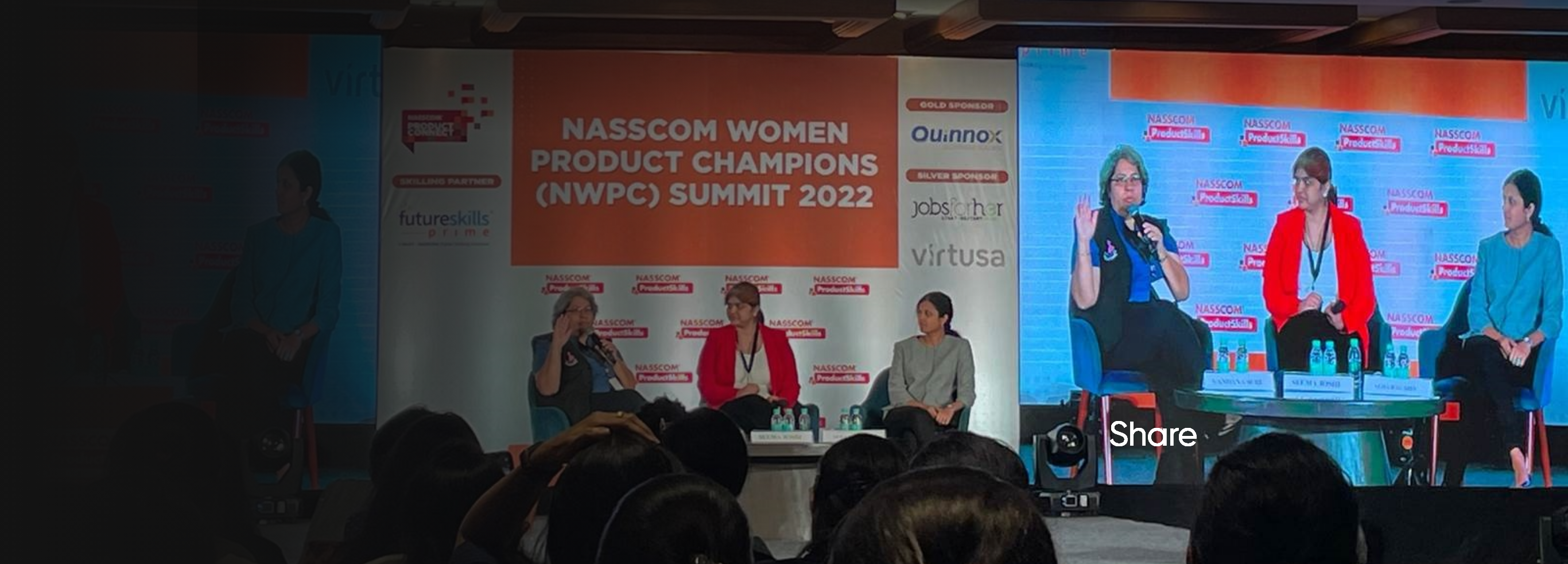
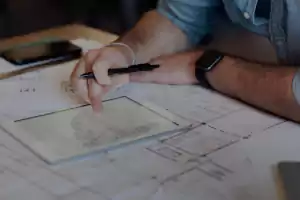

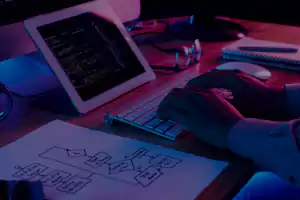
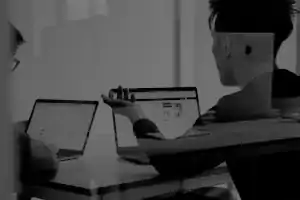



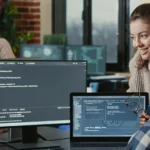






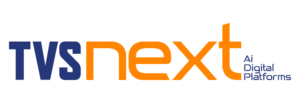
Recent Comments